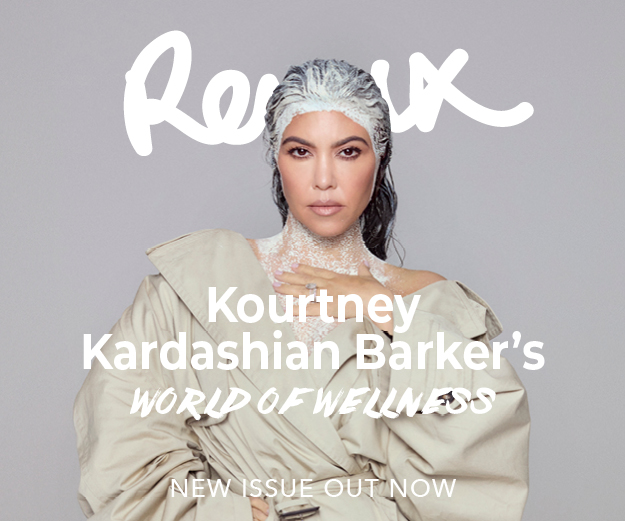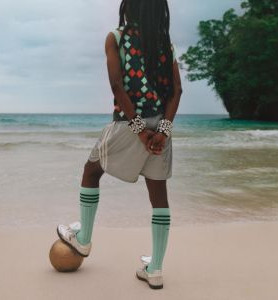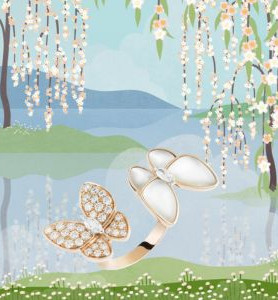Meet the bold visionary woman bringing together her community in North-Central Africa in the fight against global warming.
For nearly 100 years, Rolex has supported pioneering explorers who push the limits of human capabilities. Having moved from championing exploration for the sake of discovery, to protecting the planet, The Rolex Awards for Enterprise support the real work of scientists, environmentalists and advocates who are protecting the natural world and its resources by workshopping solutions to today’s challenges. Among the five individuals who were named Laureates of the Rolex Awards for Enterprise for 2021, a bold and visionary woman stood out for her pivotal work in bringing together her community in North-Central Africa in the fight against global warming.
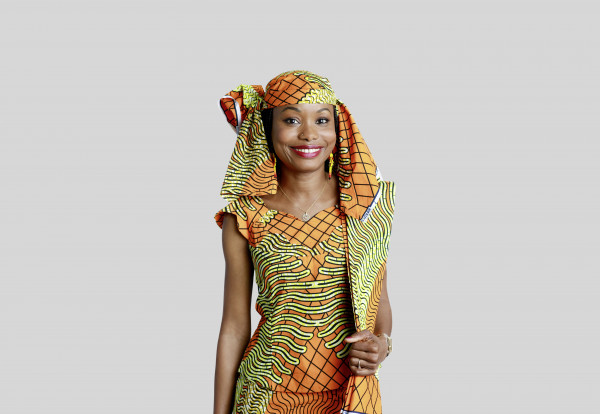
The harsh reality of climate change is a struggle we face daily, but few know better of global warming’s devastating repercussions than the people of Chad. The country’s largest lake, a lake that bears the nation’s name and supports more than 30 million people, has almost entirely run dry in barely two generations. While some might view this tragedy as a dead end, for climate change and indigenous rights advocate Hindou Aoumarou Ibrahim, it was the catalyst for uniting her people to problem-solve a crisis, using the unlikely medium of mapping.
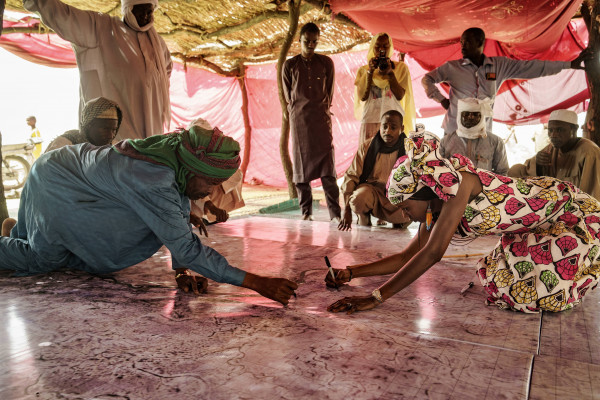
Hindou Oumarou Ibrahim is a woman of the nomadic Mbororo people, whose flocks and herds have grazed the surrounding areas of Lake Chad for millennia.Now, the land and way of life of her ancestors – and the future of her community – is at risk as planetary heating causes water sources to vanish, pastures to wither and conflicts between farmers and graziers to multiply over dwindling resources. “We are at the front line of climate change,” she says. “When the seasons change, it changes our daily life.” As a committed peacemaker, Ibrahim sought to bring the divided community together under the proviso of a shared goal, and a common enemy – climate change – and she did so through the art of participatory mapping. Flimsy to hold and seemingly harmless, maps have been the cause of essentially every war since history began. Instead of using them for conflict, Ibrahim was inspired to turn them into tools of peace and collaboration, pulling in antagonised peoples and inviting them to literally map out a safer, more prosperous future for Chad.
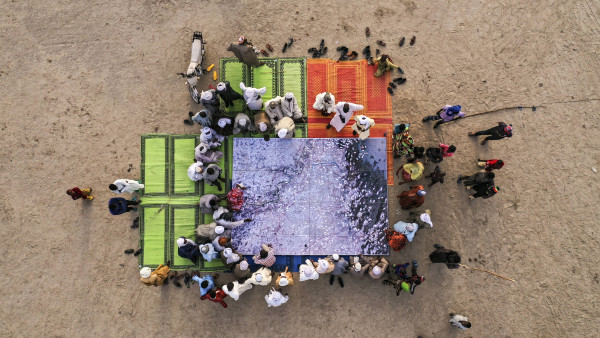
To test her theory, Ibrahim ran a small project in southwest Chad in a town called Baïbokumand. What came to the surface was that mapping was not only a valuable, scalable and credible way to decrease tensions between communities, it also helped local authorities to manage resources more wisely. She brought together 500 indigenous herders to map natural resources in their region and their advice was adopted by the national government.
As a woman leader in a largely patriarchal society, Ibrahim had to fight hard for her ideas to be acknowledged and accepted. Key to her success was her view that indigenous peoples understand and care for the environment in ways that outside agencies cannot. For that reason, she says, it should be indigenous peoples who are consulted on their environment’s needs. According to Ibrahim, the combination of modern science such as 2D and 3D mapping methods, and traditional, cultural knowledge is crucial to building a safer future for all, slowing the onslaught of climate change and, subsequently, conflict within communities.
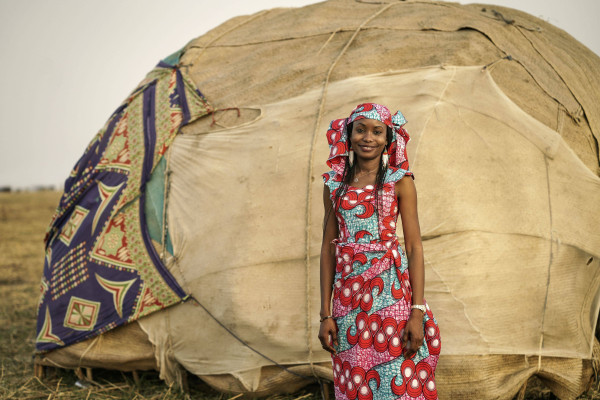
“People need to understand that we cannot talk about human rights without talking about environmental rights. We depend on nature. We interact with our environment. That's why, for me, I can't protect human rights without also protecting the environment.”
Ibrahim’s commitment to indigenous society, climate resilience and collaborative solutions has not only earned her international acclaim, it has earned her the title of 2021 Rolex Laureate.
rolex.com


